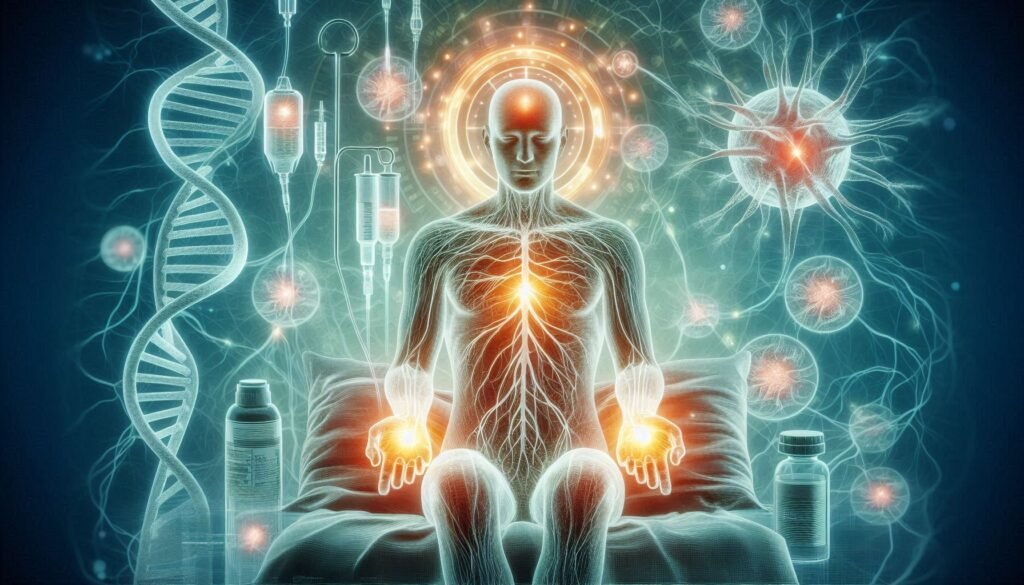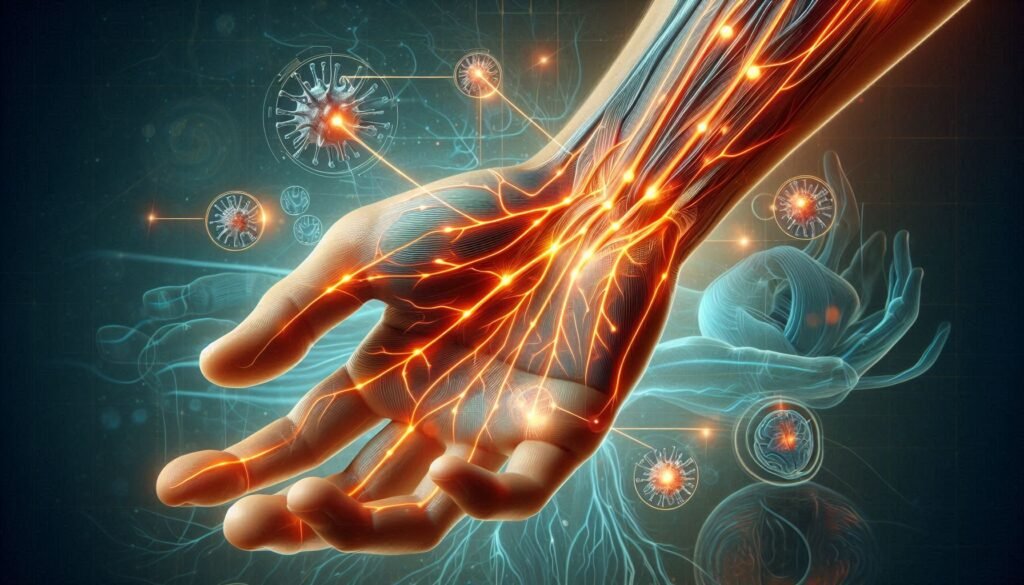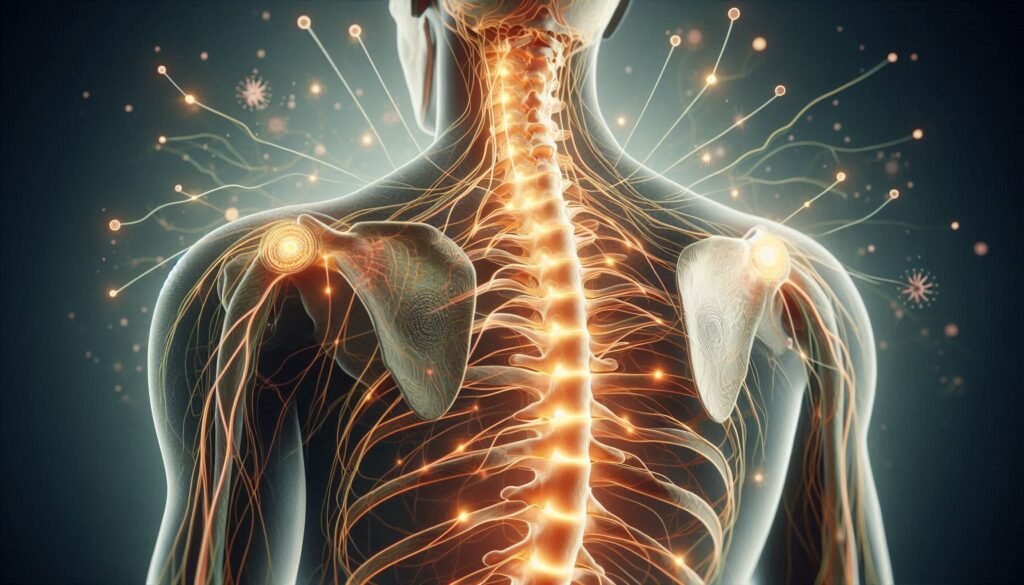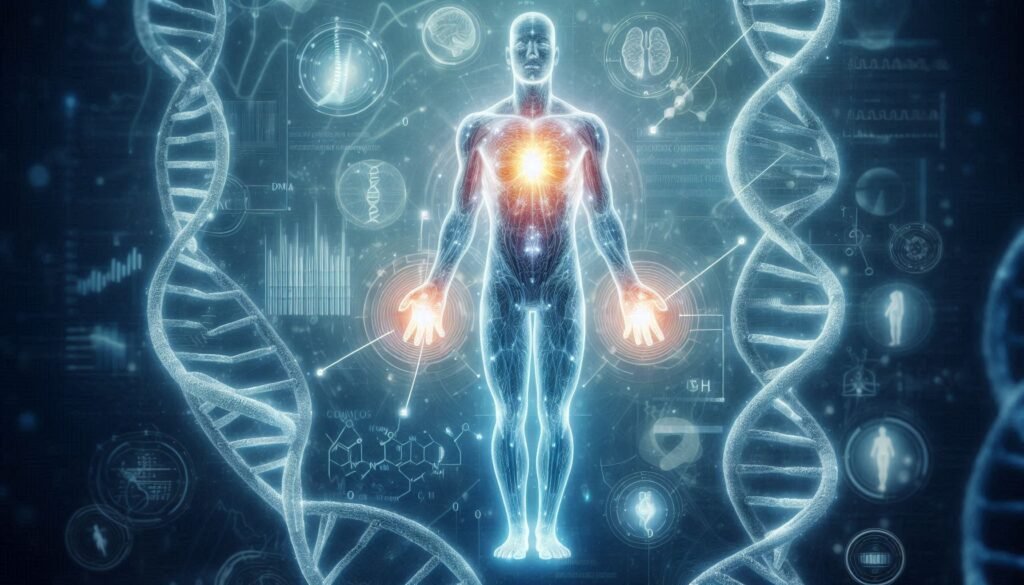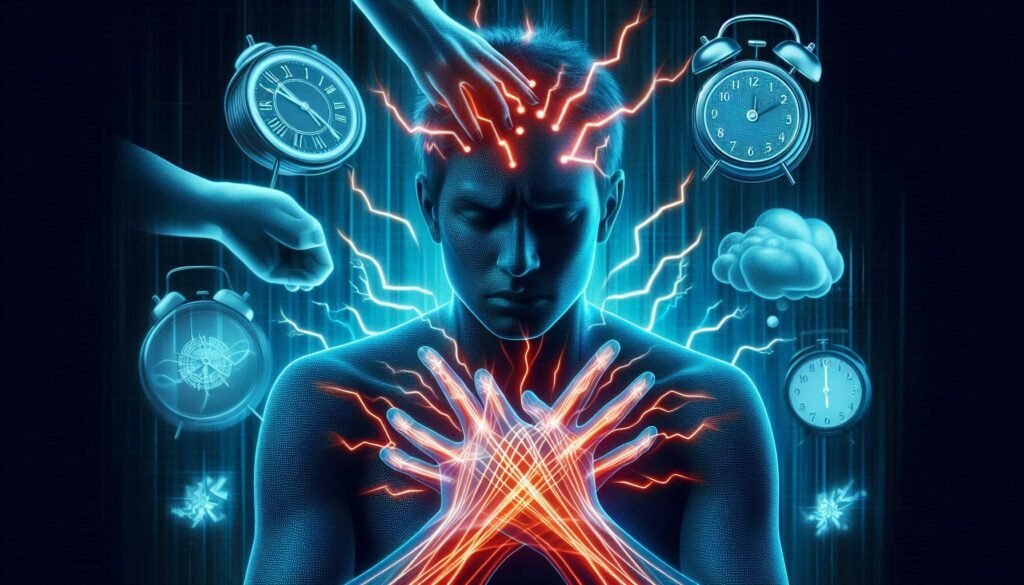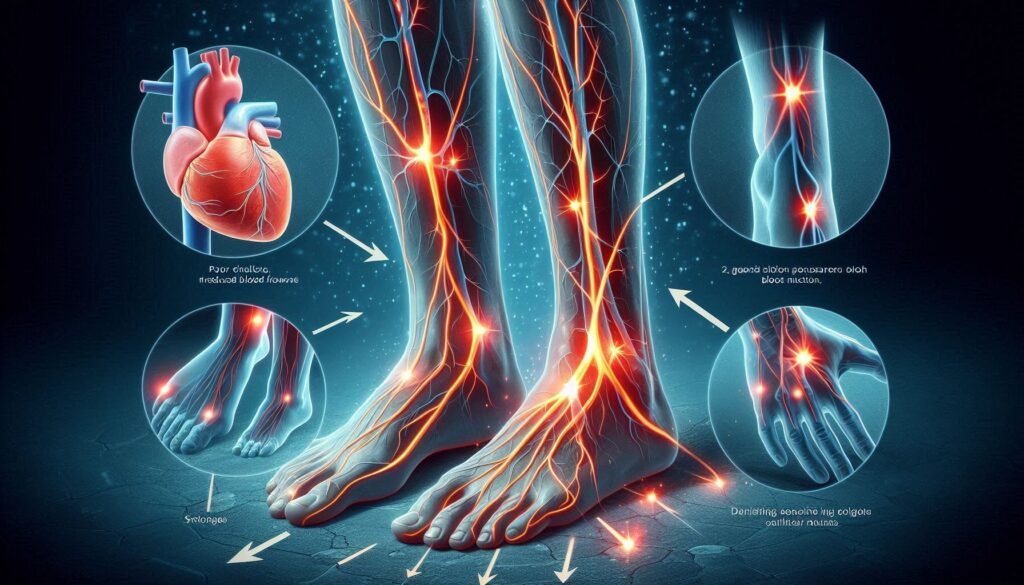Post-Chemotherapy Paresthesia: What Cancer Survivors Should Know
Navigating life after cancer treatment can be both exhilarating and challenging. For many survivors, one persistent issue that may linger is post-chemotherapy paresthesia. This condition, characterized by tingling or numbness in the hands and feet, often serves as a reminder of their battle with cancer. Understanding this side effect is crucial for those who want […]
Post-Chemotherapy Paresthesia: What Cancer Survivors Should Know Read More »



